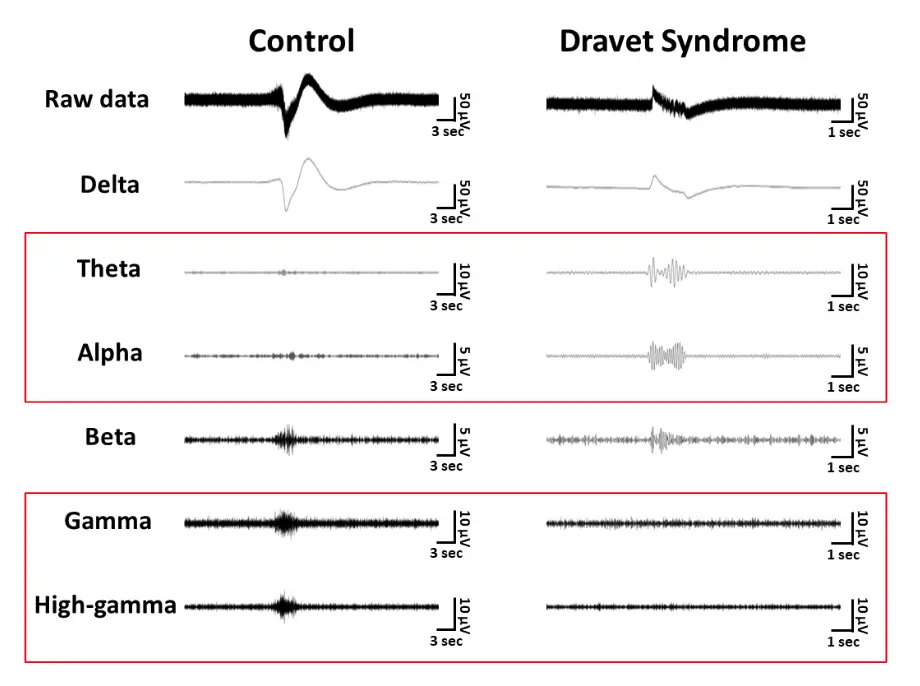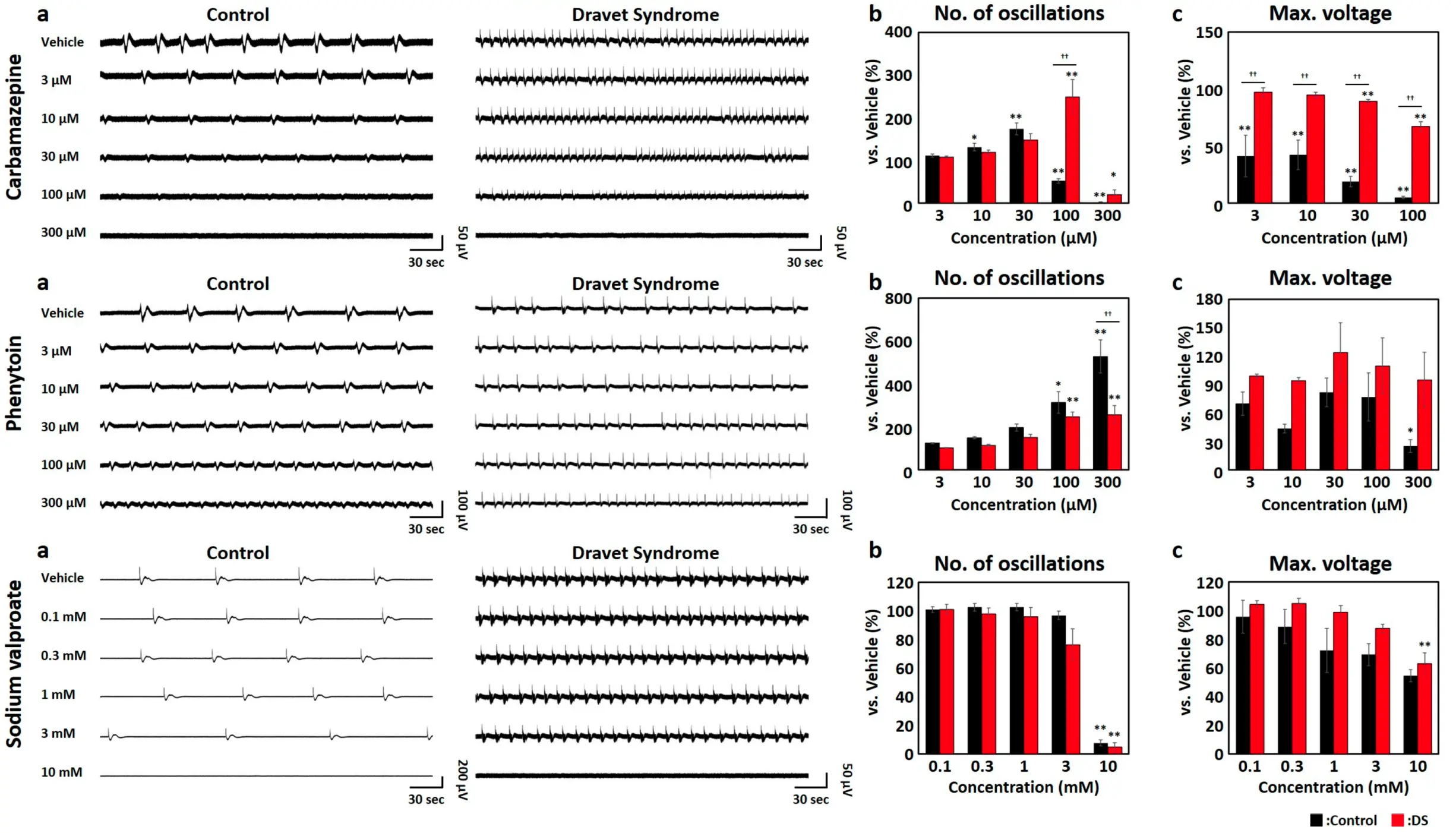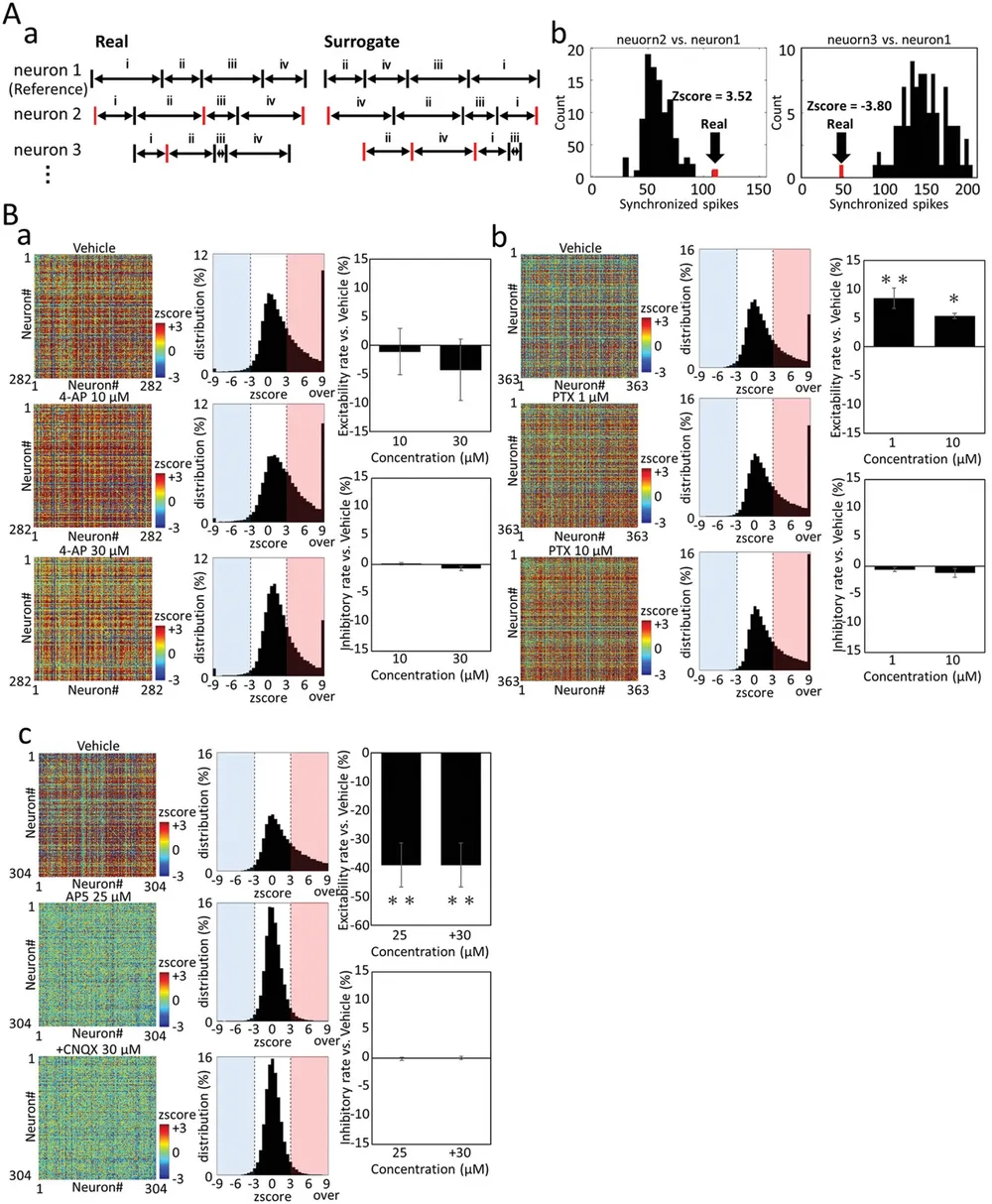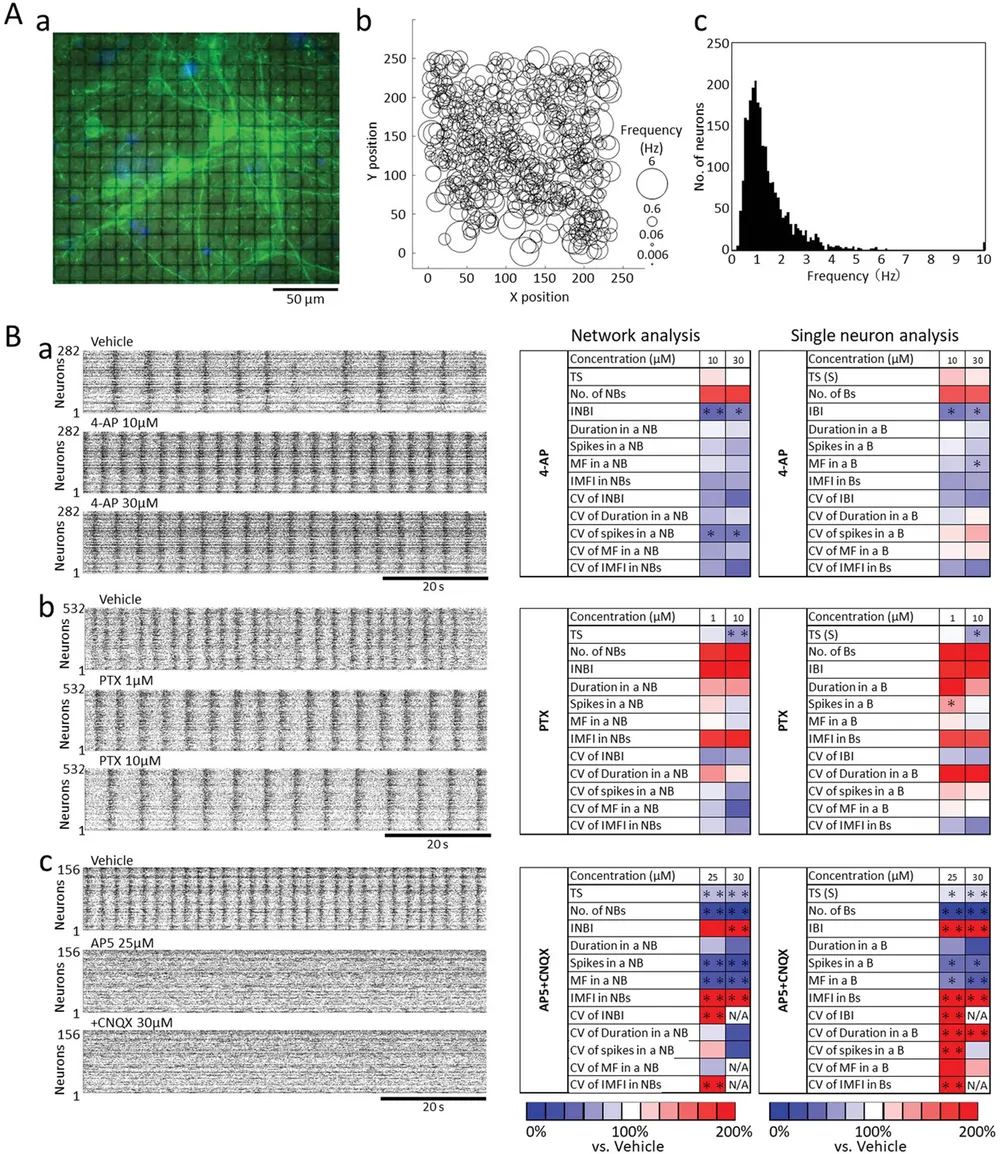Dravet Syndrome
# Understanding Dravet Syndrome: Challenges in Drug Discovery
What is Dravet Syndrome?
Dravet Syndrome is a rare, severe form of pediatric epilepsy caused primarily by mutations in the SCN1A gene, leading to drug-resistant seizures, cognitive impairments, and developmental delays. Developing effective therapies for Dravet Syndrome requires precise functional assays to capture disease-specific neuronal activity and predict treatment responses with high accuracy.
How VitroVo Supports Dravet Syndrome Research
At VitroVo, we provide cutting-edge electrophysiology assays and iPSC-derived neuronal models to accelerate drug discovery for Dravet Syndrome. Our platform offers:
iPSC-Derived Dravet Syndrome Models
-
Patient-specific and gene-edited iPSC-derived neurons carrying SCN1A mutations.
-
Functional validation of disease phenotypes, including altered excitability and seizure-like activity.
-
Physiologically relevant 3D organoid use
Advanced Electrophysiology
-
240K electrode HD-MEA for single-cell and network-level analysis of hyperexcitability.
-
Highly sensitive electrode MEA application to enable brain wave analysis.
Proprietary Data Analytics
-
Phenotypic screening with clear endpoints in disease-relevant models.
-
Machine learning algorithms for pattern recognition in neuronal activity.
Multi-Modal Assay Integration
-
Combining MEA data with transcriptomics (RNA-seq, RT-qPCR), and biomarker analysis (ELISA).
-
Generating comprehensive insights into the molecular and functional effects of candidate therapies.
VitroVo’s expertise in in-vitro electrophysiology, AI-powered analytics, and disease modeling provides a powerful platform for advancing Dravet Syndrome research and accelerating the development of effective therapies.
Contact Us:
Contact us today to learn how our specialized assays can support your research in Dravet Syndrome drug discovery.
Assays
See assay examples below to find out how VitroVo can advance your Dravet Syndrome research



